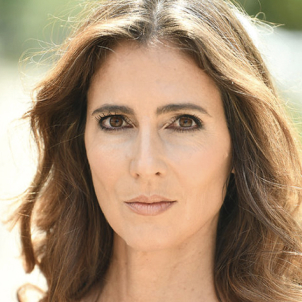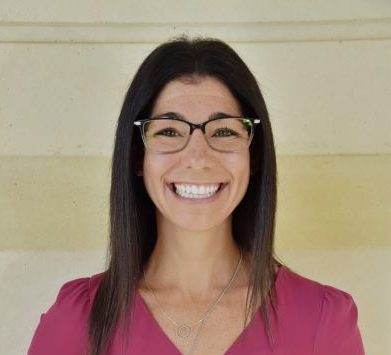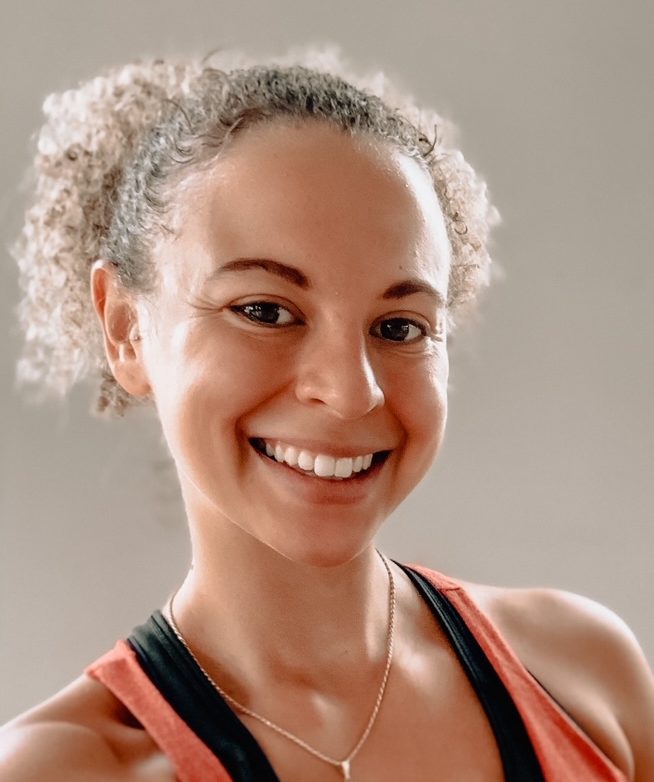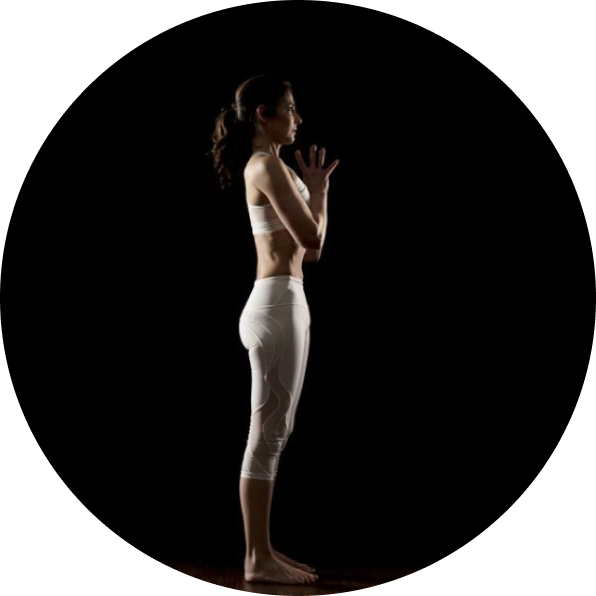by Sarah Apple Kingsley, pt, dpt
Mental health awareness has recently become a more prevalent theme in social discourse. The COVID pandemic took a major toll on families financially, physically, emotionally, and perhaps most of all mentally. Lives were flipped upside down, causing mental stress for many as human beings are creatures of habits and schedules. Socially we found ourselves isolated, hiding behind Zoom screens while losing much of our typical personal and physical connection. Depression rates skyrocketed as well as suicides and other unfortunate consequences for those suffering from mental health illnesses. Although the pandemic has mostly come to a close, depression and anxiety rates have not reflected this change of events.
While therapy and counseling used to be something people, unfortunately, looked down on others for, or people felt ashamed for “having to go to,” thankfully now more and more people are feeling more comfortable seeking help and guidance before situations get to an unmanageable state. I myself have been seeing a counselor intermittently, as well as my husband, and can speak first hand on the immense benefits it has made in both of our lives and relationships.
Although counseling and therapy can be helpful, many psychologists agree that the true “cure” to one’s mental health must be multifaceted. While “talk therapy,” and certain prescription medications can be beneficial, there needs to be a physical component as well. Our physical bodies hold onto the traumas we experience from childhood and throughout our lives whether the traumas are physical, mental, or emotional. These “issues” get stored in our tissues and finding ways to open and release them can be more beneficial than a pharmacological drug.
A 2021 Harvard study concluded that not only does yoga help provide improvement in both depression and anxiety, it also actually makes your brain work better! While lifting weights makes your muscles stronger, doing yoga creates new connections within your brain. Changes in brain structure and function occur, especially in the areas of the brain responsible for memory, attention, learning, awareness, thought, and language.
Research conducted using MRI scans and other brain imaging technology have shown that people who regularly did yoga had a thicker cerebral cortex (the area of the brain responsible for information processing) and hippocampus (the area of the brain involved in learning and memory) compared with nonpractitioners. These areas of the brain typically deteriorate with age, however they do so less in yogis! This may give light to some anti-aging benefits of this wonderful practice!
Studies also conclude that yoga and meditation may improve executive functions, including reasoning, decision making, memory, learning, reaction time, and accuracy on tests of mental acuity.
SO WHAT ABOUT YOUR MOOD??!!
While all exercise has proven to be beneficial in releasing endorphins, lowering stress hormones, and improving oxygenation to the brain, yoga has even greater benefits. Specifically, yoga was shown to elevate levels of a brain chemical called gamma-aminobutyric acid (GABA), which is associated with improved mood and decreased anxiety. Yoga when mixed with meditation reduces the excitability of the limbic system that is responsible for our emotions. This allows you to better cope, deal, and/or react to more stressful and anxious situations.
A 15-study review published in the journal Aging and Mental Health explored the effects of a variety of outlets on improving anxiety and depression. All outlets included in the study proved to provide some benefit, however, the greatest results were observed through both yoga and music, and YOGA provided the LONGEST-LASTING benefits!
Some smaller studies have also examined the benefits of yoga on PTSD (Post-Traumatic Stress Disorder) when used in conjunction with other modalities. The deep breathing associated with yoga practice (as well as the deep core activation we promote in our LYT method) helps activate the parasympathetic nervous system allowing for a decreased stress response.
If you or a loved one are suffering from anxiety or depression OR if you want to maximize that brain power for the greatest longevity, try our LYT Yoga classes today. I can speak from experience when I say that these classes have changed my life; they have improved my attitude and my wellness during COVID and other difficult times in my life, but the benefits have continued beyond that! So what’s stopping you from experiencing these amazing, life-changing effects firsthand? You’ve got this, and this community is here to support you along your journey!
Also, check out our Stay the Course Series on LYT Daily where Dr. Paola Ricardo, LYT-certified yoga teacher and clinical psychologist specializing in health psychology, teaches classes infused with premises from a cognitive behavioral approach known as Acceptance and Commitment Therapy (ACT), which helps us foster processes that can lead us to live fuller and more vibrant lives.
References: https://www.health.harvard.edu/staying-healthy/yoga-for-better-mental-health











